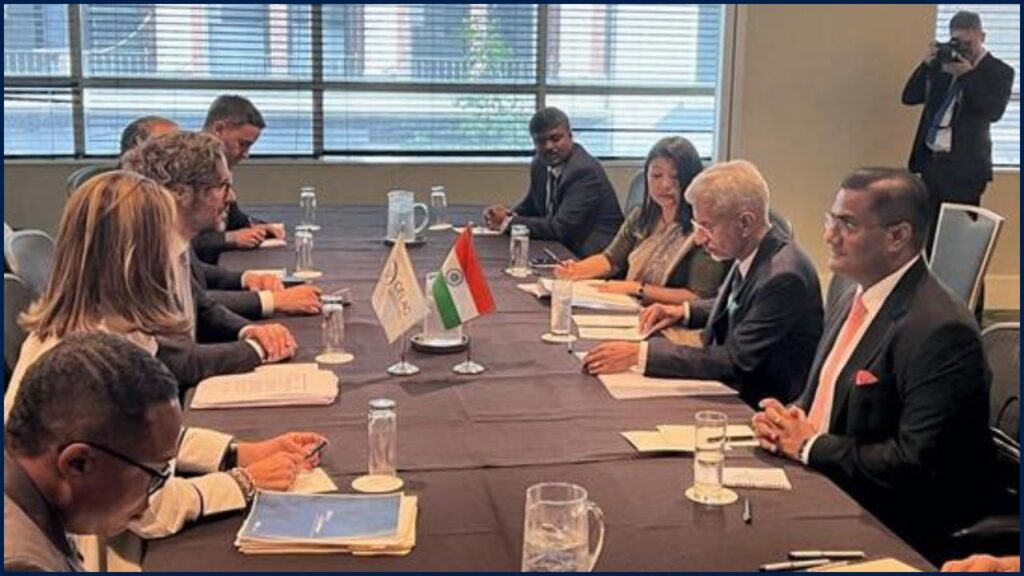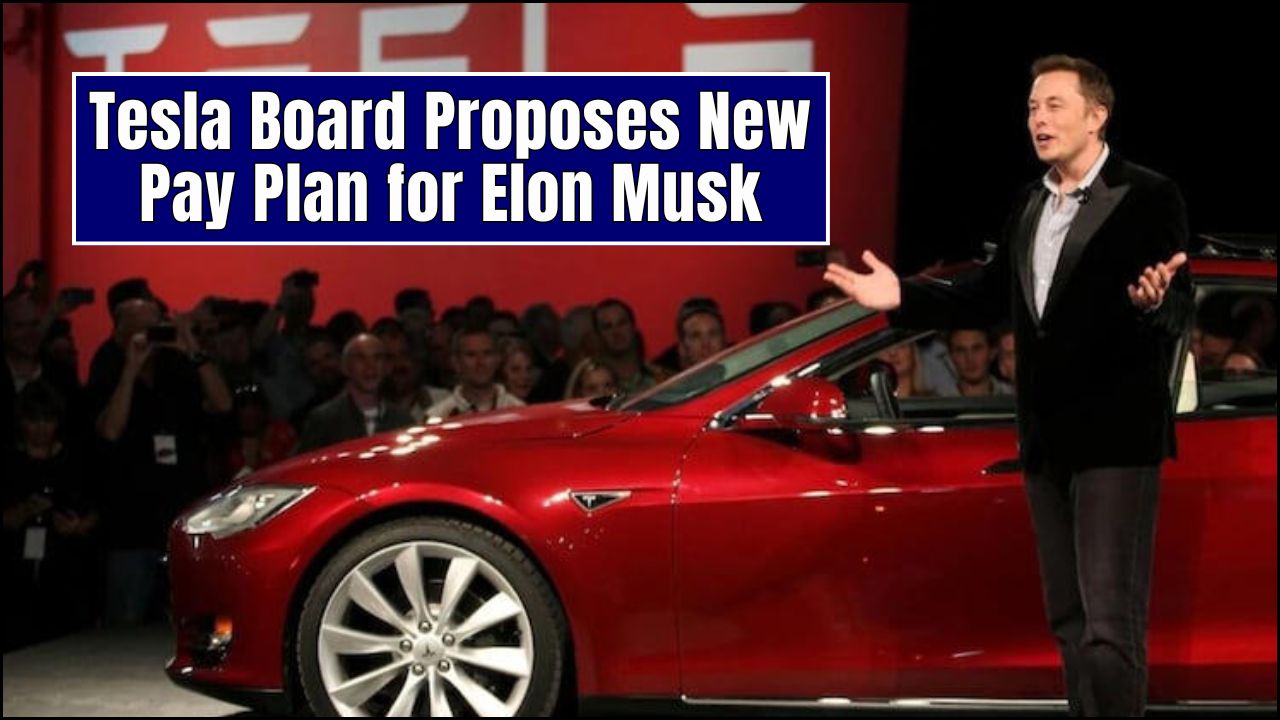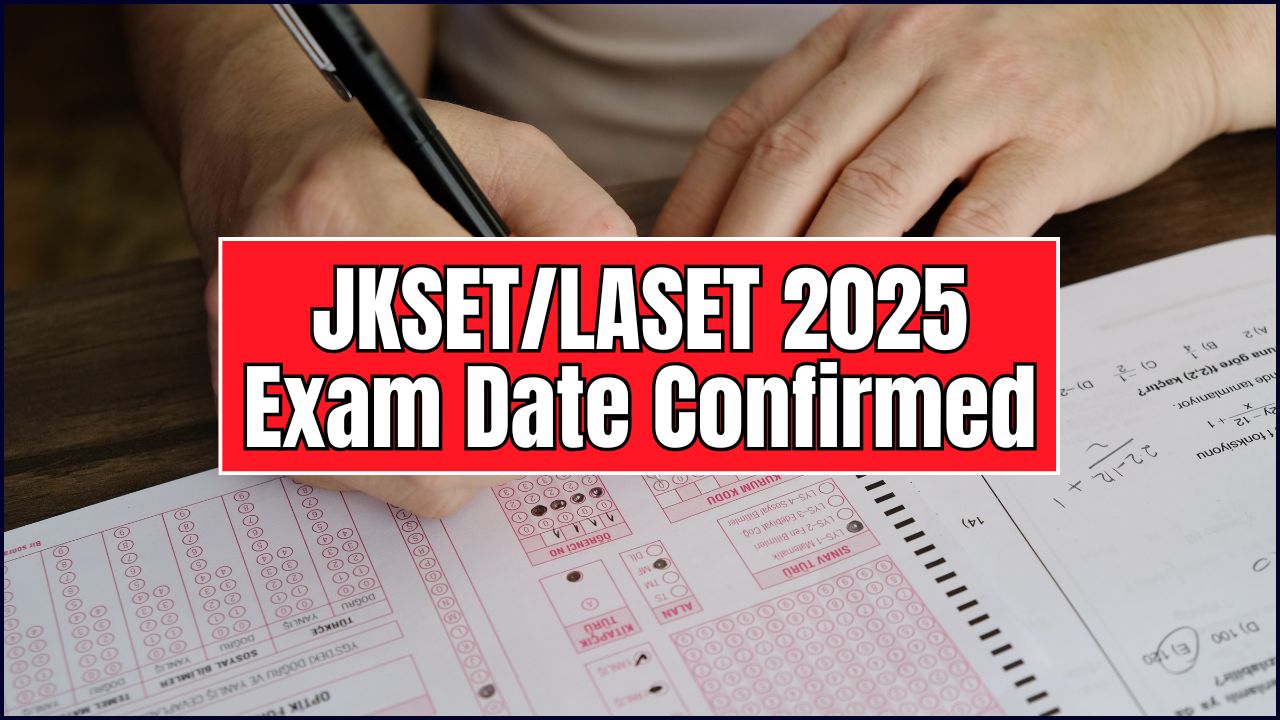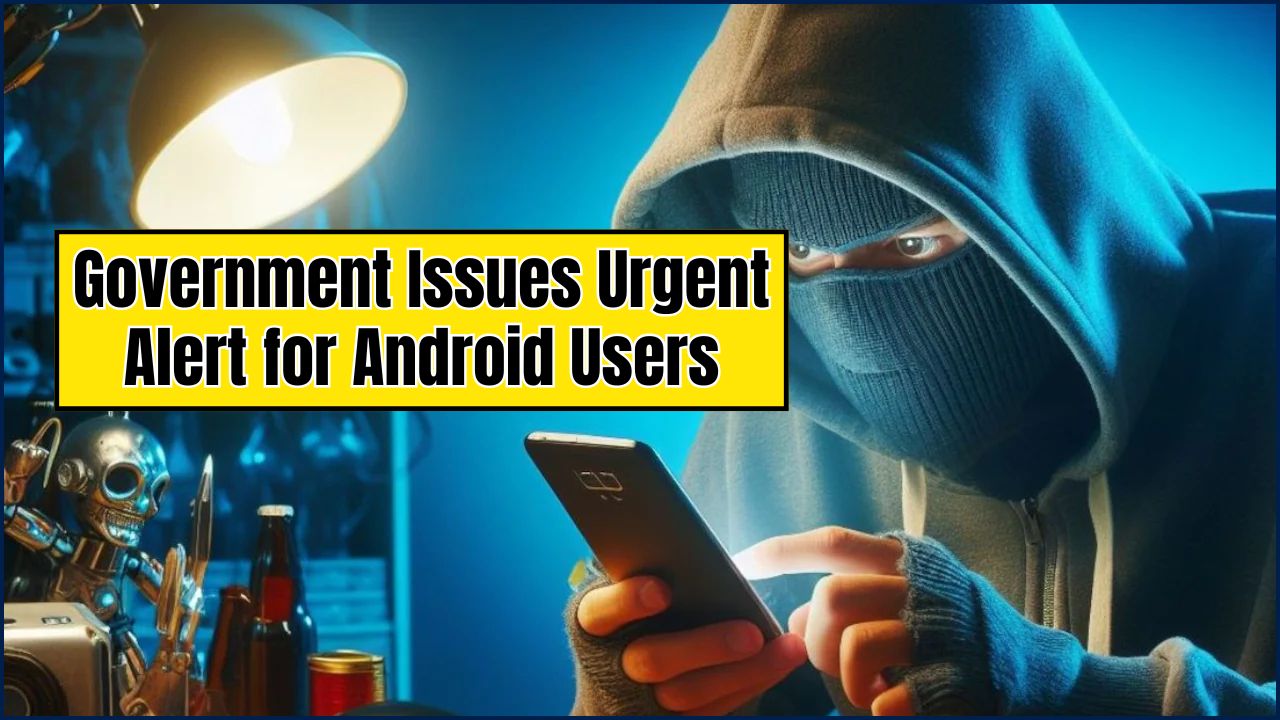
Prime Minister Narendra Modi will not address the United Nations General Assembly (UNGA) General Debate this year, according to the UN’s updated list of speakers. Instead, External Affairs Minister Subrahmanyam Jaishankar will deliver India’s national statement on 27 September 2025 in New York.
Modi Steps Back from UNGA Stage
The 80th session of the UNGA opens on 9 September, with the annual General Debate scheduled between 23 and 29 September. Earlier lists had slated Modi to speak on 26 September, sharing the stage with leaders from Israel, China, Pakistan, and Bangladesh.
The Ministry of External Affairs has not provided an official reason for the change. Analysts note that Modi’s absence from such a high-profile forum is unusual, given India’s growing diplomatic visibility.
Jaishankar to Deliver India’s Statement
External Affairs Minister S. Jaishankar, a career diplomat turned politician, will represent India at the General Debate. Known for his firm articulation of India’s foreign policy, Jaishankar is expected to address issues ranging from global security and climate change to trade disputes and multilateral reform.
According to UN schedules, he will speak on 27 September, the day after world leaders such as U.S. President Donald Trump and Chinese President Xi Jinping are expected to deliver their remarks.
Why Modi’s Absence Matters
Modi’s decision comes at a time of heightened global tensions. The Israel–Hamas conflict, the ongoing war in Ukraine, and a trade dispute between India and the United States have all contributed to a challenging diplomatic environment.
India’s prime minister has previously used the UNGA stage to emphasize India’s role as a global leader of the Global South and as a voice for developing nations. His absence this year shifts the symbolic weight of representation to Jaishankar, underscoring the minister’s growing prominence in India’s external engagement.
Expert Views on the Change
Dr. Rajeswari Pillai Rajagopalan, director at the Observer Research Foundation in New Delhi, said the shift “signals confidence in Jaishankar’s ability to represent India effectively but also raises questions about Modi’s diplomatic priorities.”
Former Indian ambassador T.P. Sreenivasan told The Hindu that the choice is “strategic, not accidental. It reflects India’s calculation that its foreign minister can carry weight in a year of contentious debates.”
Looking Ahead
The UNGA General Debate is closely watched as a platform for countries to project their global vision. India’s message, delivered by Jaishankar instead of Modi, will be scrutinised for signs of continuity or change in policy emphasis.
Observers will pay particular attention to India’s positions on multilateral reform, counterterrorism, and global economic governance, areas where New Delhi has consistently pushed for greater influence.
Conclusion
Prime Minister Modi’s decision to skip the UNGA General Debate this year highlights both the prominence of External Affairs Minister Jaishankar and the complexities of India’s diplomatic agenda in a turbulent international environment. The speech on 27 September will serve as a key signal of how India positions itself on pressing global issues.





